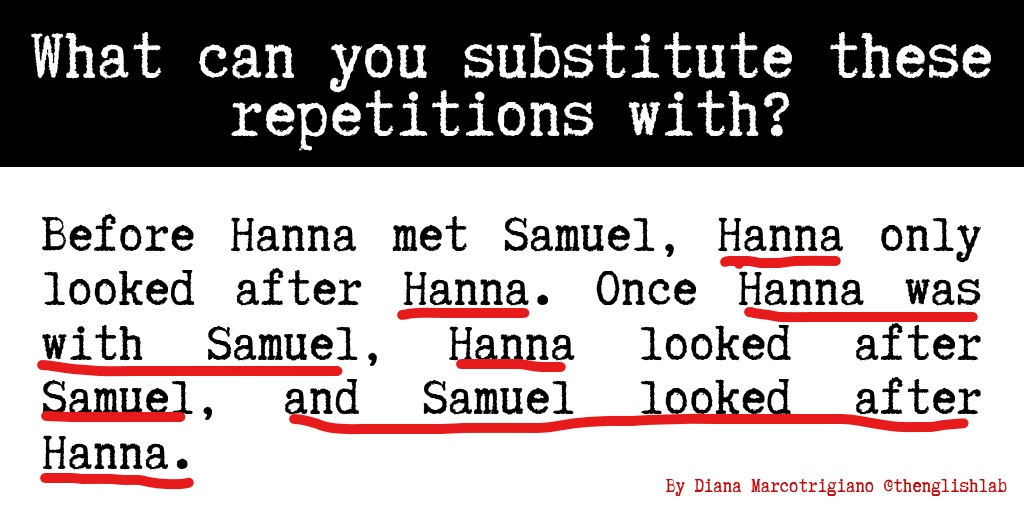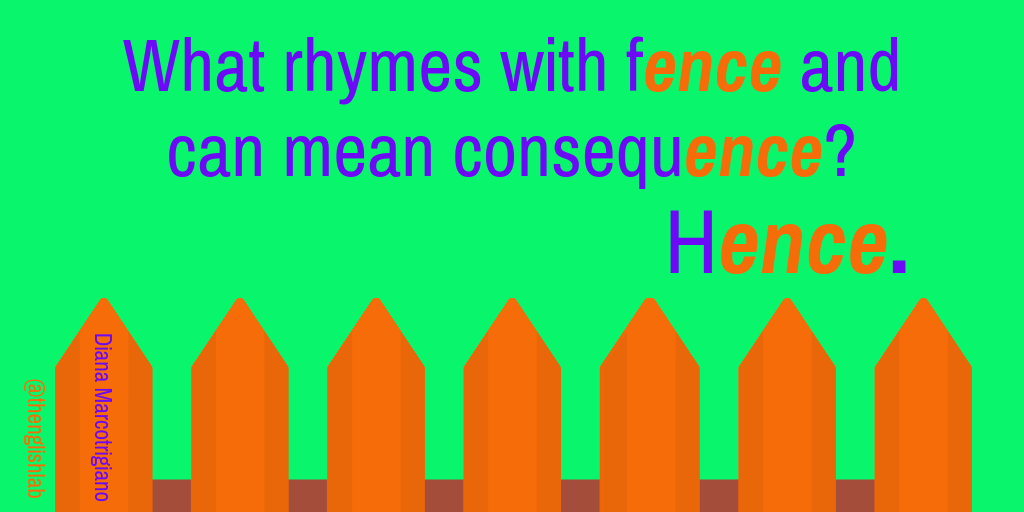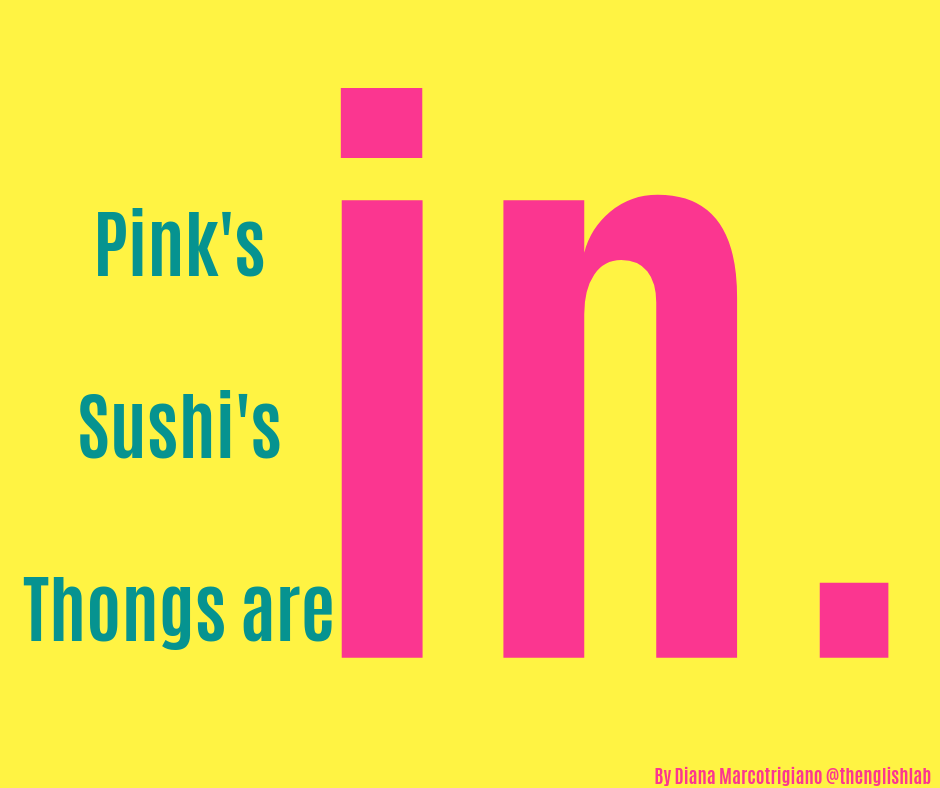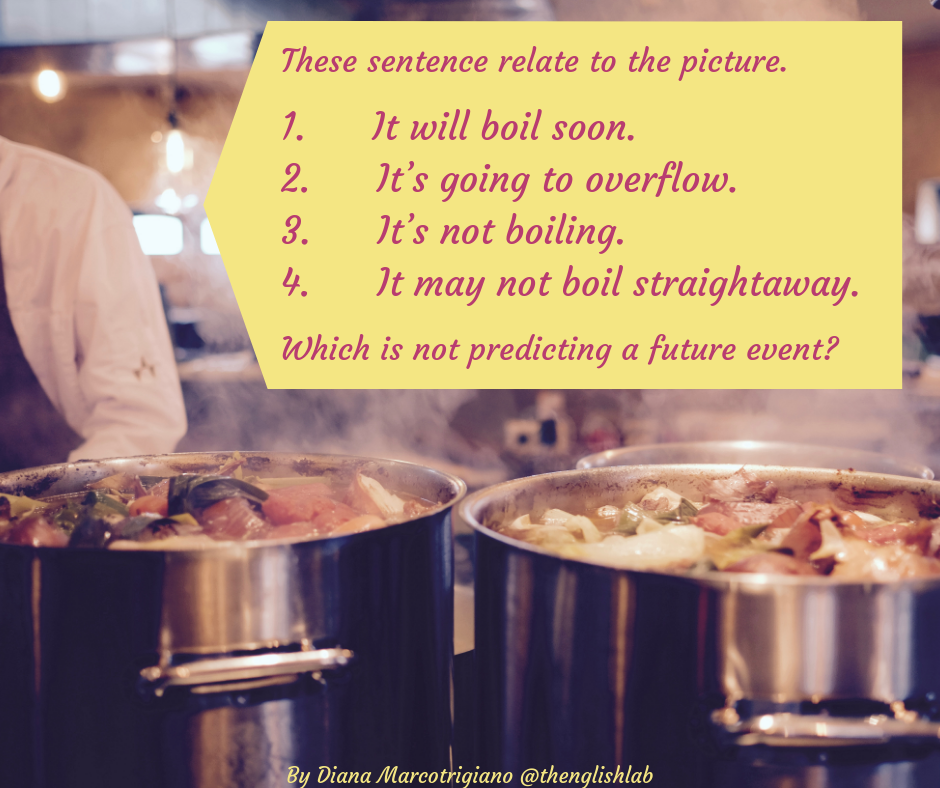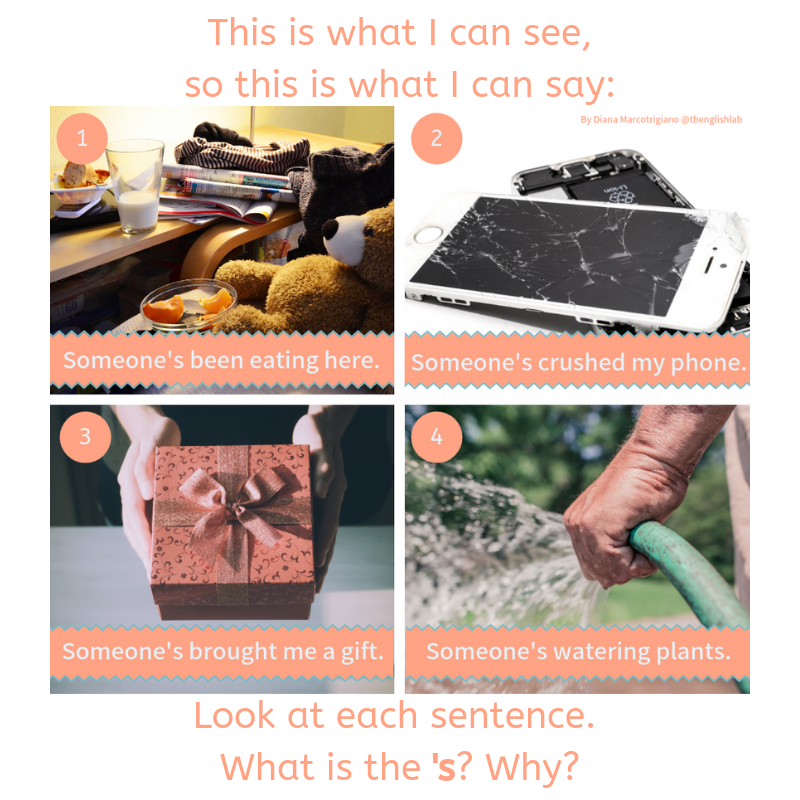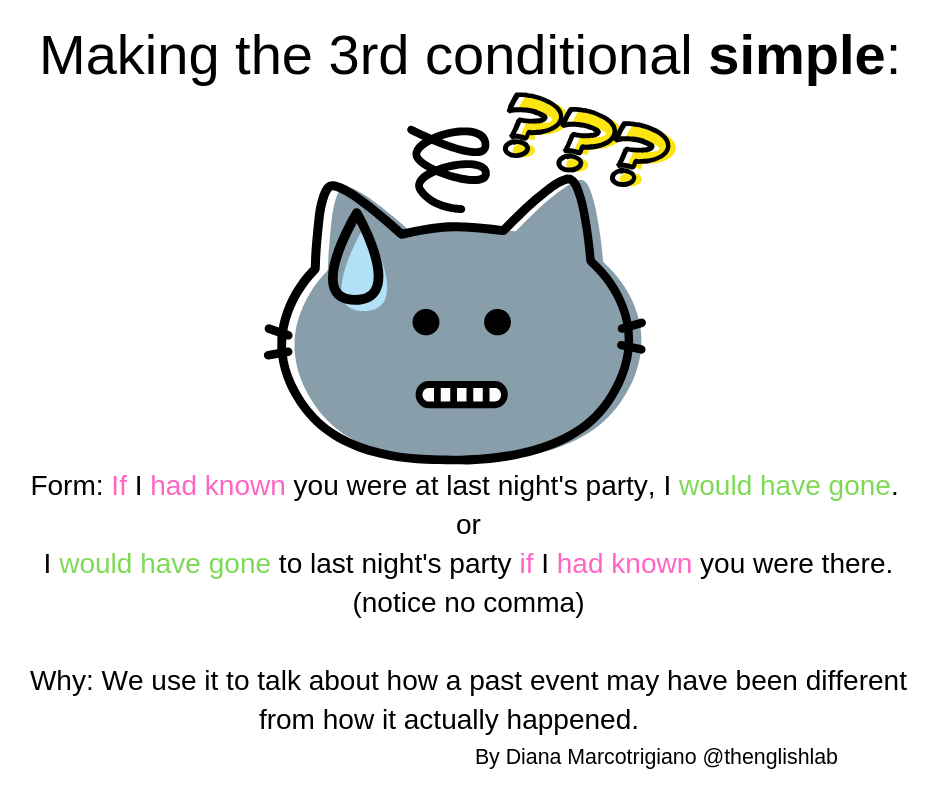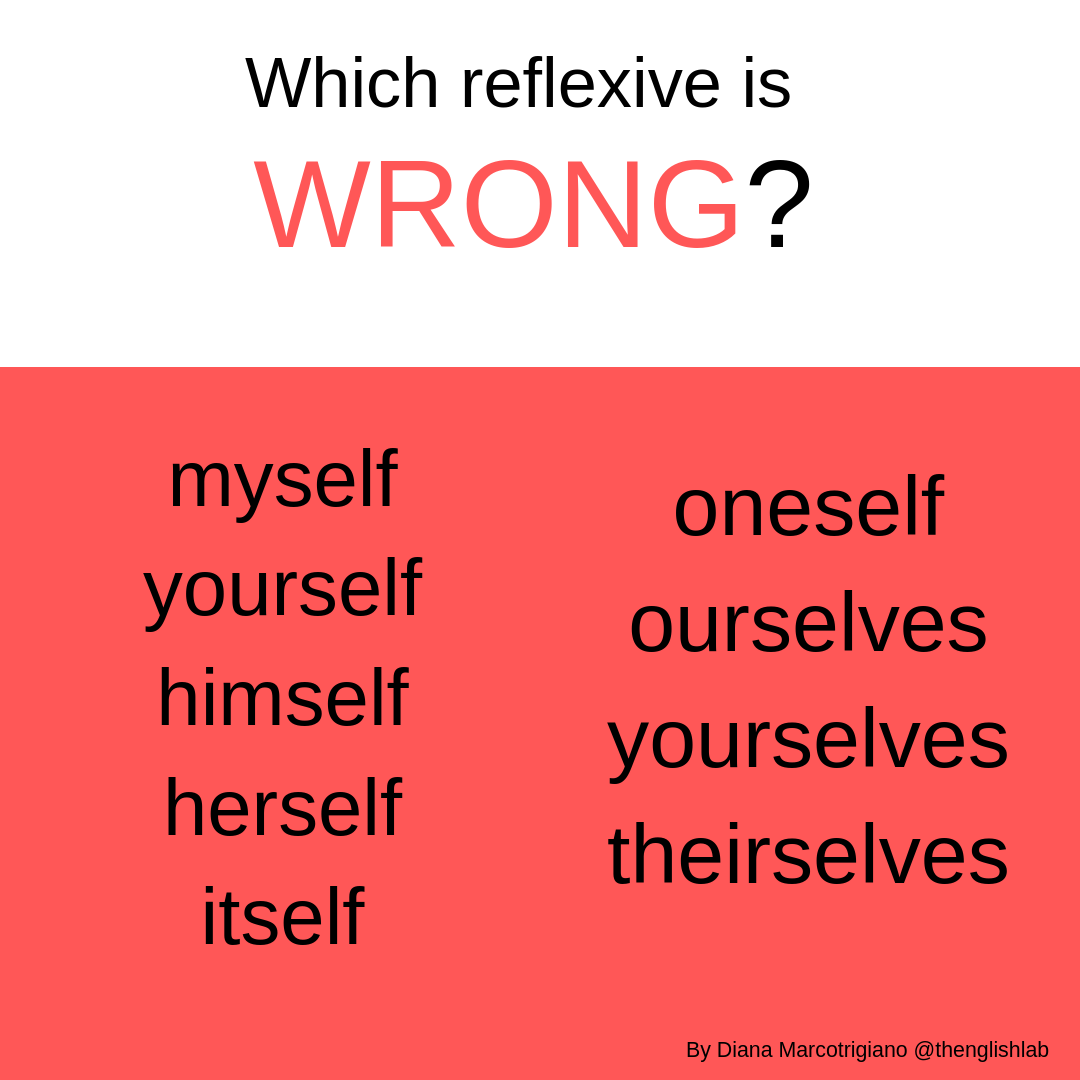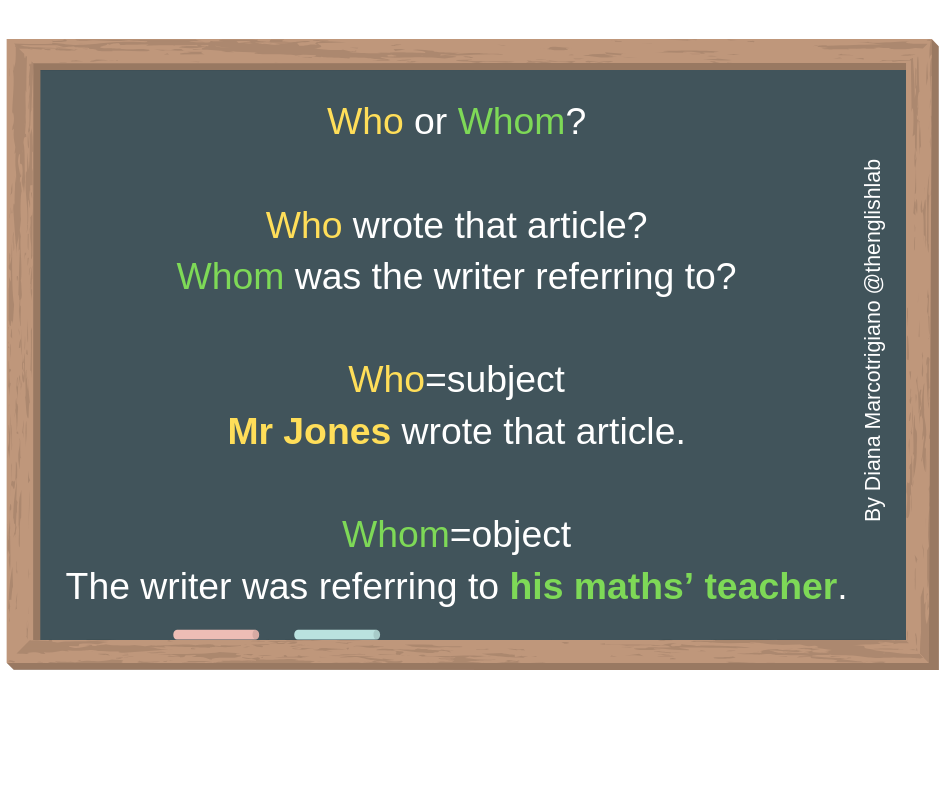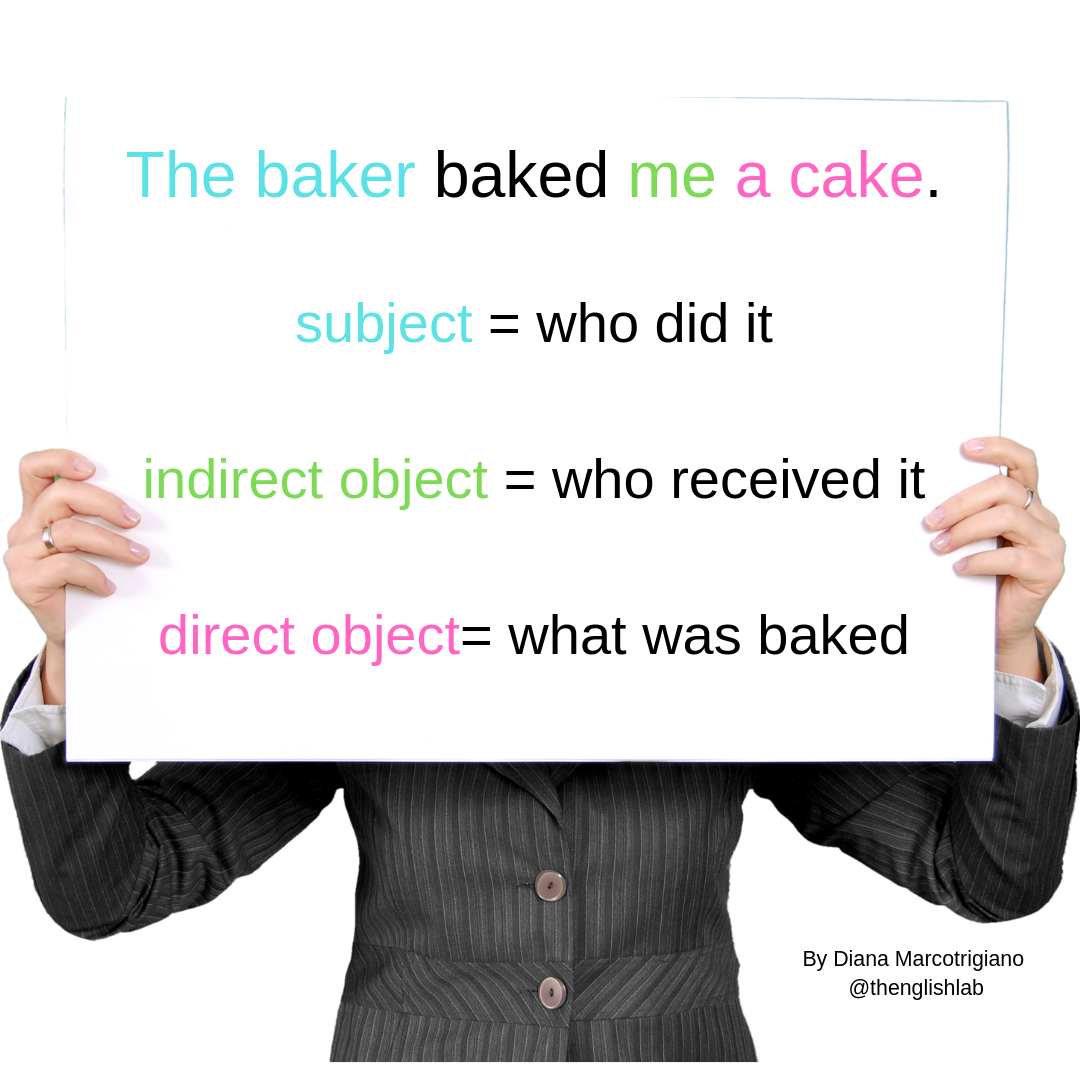Grammar
Grammar · 16 October 2019
Why do we substitute? It’s to minimise repetition. Try telling a story without substituting, and you’ll quickly notice how distracting, unnatural, and even condescending repetitions can sound. There are linguistic devices you can use to improve the flow of your spoken and written discourse, bringing your performance from B2 to C2. One strategy to avoid repetition is using pro-forms.
Grammar · 29 September 2019
Linking words are just that: words that link. They are a type of cohesive device, so they can be likened to glue because they join thoughts together. They link words, phrases, clauses, sentences, and even paragraphs to show how thoughts are related. When used well, they contribute to delivering a coherent message, one that is well-organised and easily understood in its totality.
Grammar · 17 August 2019
Pink is in, and in this sentence ‘in’ is an adjective. In assigning a word to a part of speech, for example adjective or preposition, you need to look at what the word’s function is, rather than its decontextualised meaning. How can you be certain a word is an adjective or a preposition or any other part of speech? The position of the word, the other elements that surround it, and/or affixes can aid you.
Grammar · 28 July 2019
The relationship between the two verbs in the same clause is closely knit both in grammar and in meaning. These two verbs together are called a verb pattern. A verb patterns is just that— a pattern, a predictable recurrence. The predictability in verb patterns stems from the first verb. There are many patterns to follow in making grammatically correct sentences which really make a huge difference between one level of the Common European Framework of Reference (CEFR) or another.
Grammar · 13 July 2019
Verb forms in English which refer to future events are many. You must choose the right form to communicate what you want. When talking about the future, you may want to speak about your plans or your intentions. You may also use a future form to make promises or even offer to do something for someone. What I have just described are functions: plans, intentions, promises, and offers of assistance. Another function is prediction.
Grammar · 04 July 2019
Problems arise when you have to decide which tense to use. Should you be using the present or the past? And when do you need to use the perfect aspect or the continuous aspect? The present perfect may seem difficult to understand, but if you think of this tense as a bridge between the past and the present, then it should be easier for you to know when to use it.
Grammar · 22 March 2019
Something is always dependent upon something else. No matter how much you love independence, you cannot get away from this. Conditionals are grammatical structures at sentence level that highlight this dependence. They can refer to the past, present, or future, and they can also be a mix of these.
Grammar · 15 March 2019
Once you are convinced that something is right, it’s over! Why? Because you will glance over that mistake blinded to its erroneousness. But one day someone points it out to you, and you slap your forehead in disbelief trying to figure out how such a blatant fault eluded you.
Grammar · 22 February 2019
The title 'Who said what to whom?' really sums it up: who takes subject position and whom takes object position. But don’t get too carried away. Whom, although elegant sounding, is not always appropriate even when used correctly in the grammatical sense. What do I mean? Well, native speakers have a lot of ex-tra information about a word that is not included in simplified rules.
Grammar · 11 January 2019
When I hear people say that this language is easier than that language, I hold my tongue—most of the time. One time in particular, someone said that English and Spanish are easy languages to learn, and Italian is more complex and very difficult. I pointed out to this native speaker of Italian that she spoke neither of the two. I wasn’t trying to be rude, but she fumed nonetheless.

